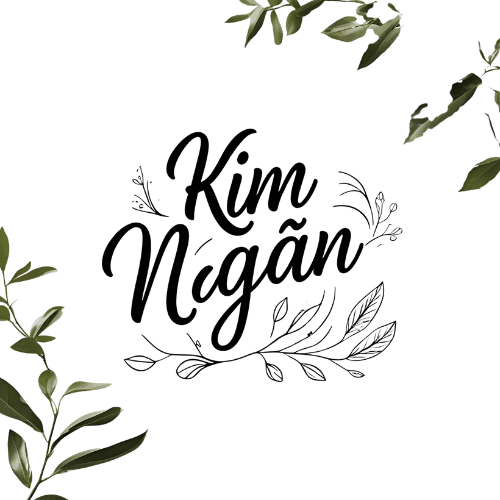🇨🇳 Eco & Slow Travel in China – Where the Land Breathes, and You Do Too
🇨🇳 Eco & Slow Travel in China – Where the Land Breathes, and You Do Too
In a country so vast, so fast, and so ancient, it’s easy to think that slow travel is impossible. But China, if you listen closely, is a place that still knows how to pause.
It’s in the rhythm of rice fields stepped across centuries. In mountain trails where clouds move like monks. In wooden villages where the morning fire still matters.
Slow travel in China is not just about pace—it’s about presence.
And the land? It breathes. And slowly, so do you.
1. Why Slow Travel in China?
Because here, scale is not the enemy of stillness.
- Hidden eco-villages, off-grid guesthouses, and centuries-old farming practices still thrive
- High-speed trains get you far, but footpaths and ferries bring you close
- Ecotourism isn’t new—it’s ancestral: Taoist harmony with nature, Confucian respect for the land, Buddhist mindfulness in motion
Slow travel in China is for those who want to feel history not just through stories—but through soil.
2. Best Regions for Eco & Slow Travel
🍃 Yunnan Province – Where Earth Meets Sky Gently
Shaxi Ancient Town: Once a trading stop on the Tea-Horse Road, now a quiet eco-haven
Tibetan villages around Shangri-La: Stone homes, yak pastures, prayer flags over valleys
Meili Snow Mountain: Wake with monks, sleep under stars, hike slowly into thin silence
🏞️ Guizhou – Where Time Slows in Minority Villages
Miao and Dong ethnic towns where wooden stilt houses overlook green terraces
Zhaoxing, Xijiang, Congjiang: best explored on foot, camera off, heart on
Hand-weaving, traditional festivals, and fire-heated kitchens welcome travelers as guests—not customers
⛰️ Fujian Tulou Villages – Round Earth, Slow Lives
Earthen communal homes where generations still live and cook together
Stay with a family. Learn the rhythm of slow cooking, slow talking, and slow sunrise
🐚 Zhoushan Archipelago (Zhejiang) – Eco-Coastlines and Forgotten Fishing Villages
Island-hop by slow boat
Sleep in converted stone cottages on Shengsi or Dongji Islands
Walk beaches where the only sound is tide and thought
3. Where to Stay – Lodges That Honor the Land
The Linden Centre (Yunnan) – Cultural immersion with local projects and zero waste goals
Alila Wuzhen – Blends Jiangnan elegance with green design
Eco-hostels in Guizhou – Community-run and culturally rooted
Tibetan-style homestays in Shangri-La – No WiFi, but stories by firelight
🛖 These aren’t hotels. They’re places of pause.
4. What to Do – Experiences for Heart, Not Highlights
🌾 Rice planting or tea harvesting with local farmers in Yunnan
🪕 Learn traditional batik or silvercraft from Miao women
🌄 Do nothing for half a day in a village where no one rushes
🧭 Walk. Often. Slowly. On paths no map app suggests.
🎒 Bring fewer plans, more blank pages.
5. Eat Close to the Land
Forage mushrooms in Yunnan forests
Dine on hotpot made with river herbs and spring-fed water in Guizhou
Drink tea grown on the terrace you just hiked
Cook a meal with your homestay host from only what’s grown nearby
🥣 In China, eco isn’t always branded—it’s inherited.
6. Gentle Guidance for the Eco-Slow Traveler
Take trains over flights when possible—China’s rail system is fast, efficient, and scenic
Learn basic recycling norms—rural areas may not recycle, but your awareness matters
Avoid over-touristed spots—opt for low-impact trails and lesser-known parks
Say no to single-use plastic; bring your own chopsticks, thermos, and cloth bag
Ask about local traditions and taboos—respect is part of traveling slow
🌍 Traveling slowly means leaving fewer marks—and more meaning.
Final Thoughts – Where the Mountains Wait and the Wind Listens
In China, slow travel isn’t a retreat—it’s a return.
To simplicity. To rhythm. To the knowledge that silence is not empty. That green is not just color, but memory. That the best journeys leave no trace—but stay in your soul.
So take that extra day. Choose the long road.
And let the land teach you how to breathe again.
See you on the quiet path,
Kim Ngân – storyteller & slow traveler
